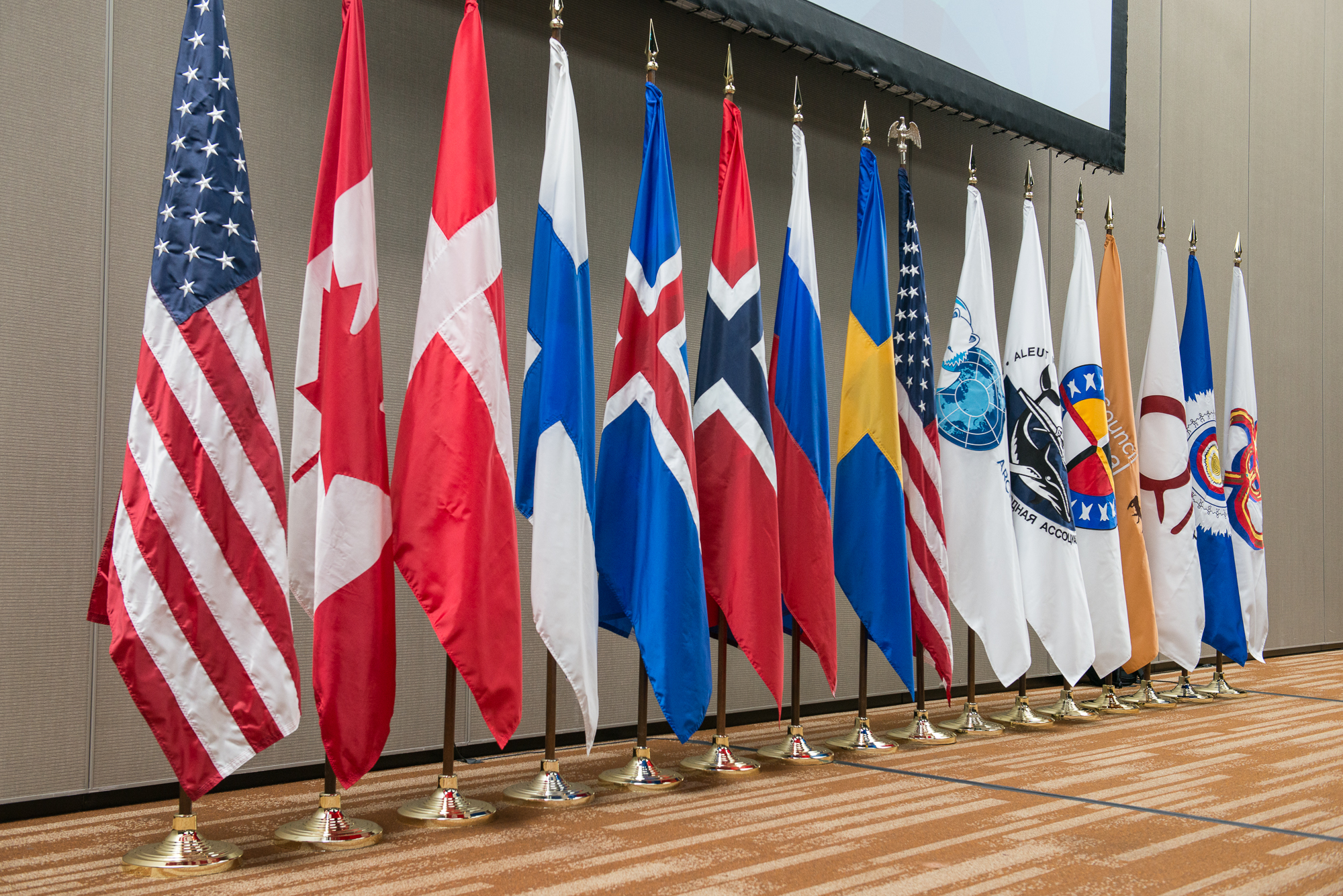As Finland prepares to take over Arctic Council, Trump presidency has some worried about its future

Finland appears to have some worries about what will happen to the Arctic Council after May, when the United States passes the chair of the circumpolar organization to Finland.
That’s because the overall Arctic policy environment has become more uncertain, particularly with respect to security, a recently-released document on the Arctic Council and Finland says.
The 95-page report, written in Finnish and entitled Finland’s chairmanship in the Arctic Council (2017-2019) in the age of change and uncertainty, reveals unease about Russia’s military intentions in the Arctic.
But it also says that U.S. President Donald Trump’s “general criticism and disparaging attitude to climate change issues” could cripple U.S. work in the Arctic Council, as the Arctic Council’s work focuses largely on climate change and how to minimize its impact and foster adaptation in the Arctic.
The report also suggests that U.S. foreign policy orientation may move away from multilateralism, which sees countries working together on a given issue— and this means that the work of the Arctic Council in Washington, D.C. could suffer.
The eight-nation Arctic Council, whose other members include Canada, Denmark-Greenland, Iceland, Norway and Sweden, as well as permanent indigenous participants, relies on co-operation and consensus to support its various projects and programs.
That being said, uncertainty over the Arctic Council wasn’t among the topics mentioned by the Arctic Council in its March 10 news release on that week’s meeting of senior officials from the Arctic Council’s eight member states and six indigenous permanent participants, who met in Juneau, Alaska, in preparation for the Fairbanks ministerial meeting, which takes place May 11.
The release did say Finland unveiled its program for its 2017-2019 chairmanship of the Arctic Council, which will focus on “addressing the effects of climate change and fostering sustainable development.”
Finland’s proposed priorities include environmental protection, meteorological cooperation, connectivity, and education in the Arctic, the release said.
At this meeting, the Senior Arctic Officials approved projects and reports of the Arctic Council’s working groups and task forces in preparation for the upcoming ministerial meeting, including:
• State of the Arctic Marine Biodiversity Report, a comprehensive report on the status and trends of marine biodiversity and monitoring in Arctic marine areas;
• Arctic Protected Areas Indicator Report, an inventory of terrestrial and marine protected areas that summarizes the status and trends towards achieving global protected area targets;
• Arctic Regional Reception Facilities Plan, a proposed waste management plan for ship-generated wastes intended to help Arctic states meet their obligations under the International Maritime Organization and standards linked to the new Polar Code;
• survey results and policy recommendations on the OneHealth approach,
• a searchable database of equipment available for response to emergencies in the Arctic, and,
• an update of the report, Snow, Water, Ice and Permafrost in the Arctic.